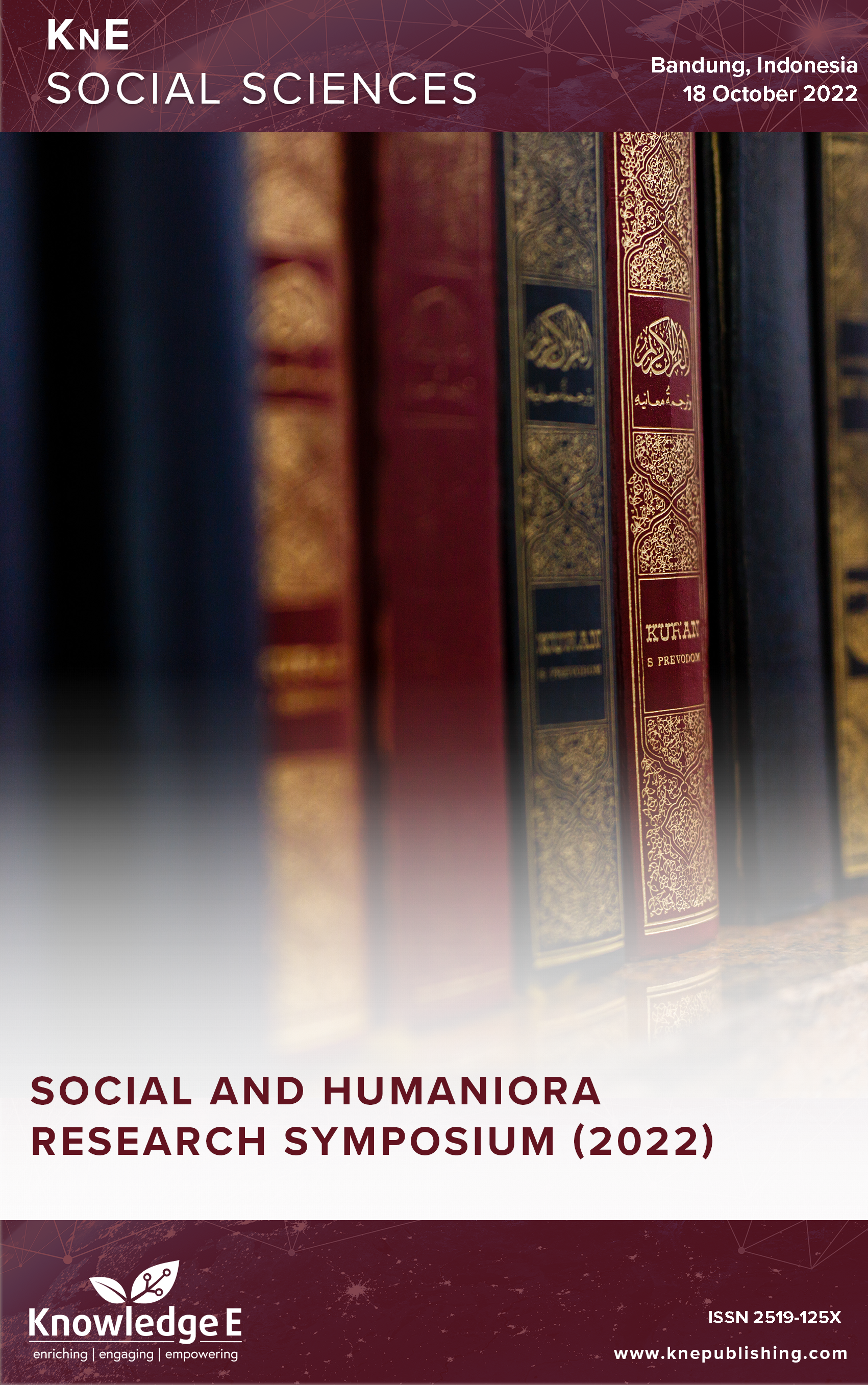Deradicalization Concept of Islamic Extremists to Maintain Law and Order of West Java Area
DOI:
https://doi.org/10.18502/kss.v8i18.14270Abstract
This study aims to develop a deradicalization concept for Islamic extremists within the jurisdiction of the West Java Regional Police (Polda Jabar). The understanding of this concept is developed using qualitative descriptive methods and research and development (RND) designs. The research was prompted by data from the Global Terrorism Index in 2020, which ranked Indonesia fourth in the Asia Pacific region for its high terrorism index. This ranking is consistent with the factual conditions in Indonesia, where acts of terrorism and radicalism carried out by groups affiliated with Islam are prevalent. In the West Java Regional Police area, acts of radicalism and extremism affiliated with Islam are primarily concentrated along the south coast in places such as Garut, Tasikmalaya, and Sukabumi. Recently, a declaration of the Islamic State of Indonesia was discovered in the Garut region of West Java. The investigation conducted by the Garut Resort Police revealed significant community support for this declaration. If left unaddressed, this support poses a serious threat to the security and public order within the jurisdiction of the West Java Regional Police. Therefore, the focus of this research is to develop a deradicalization pattern for extremists associated with Islamic groups. The ultimate goal is to ensure security and public order within the jurisdiction of the West Java Regional Police. By implementing effective deradicalization measures, it is hoped that the threat posed by extremist elements can be mitigated, contributing to a safer and more stable region.
Keywords: deradicalization, Islamic extremists, security, West Java
References
[2] Susilo S, Dalimunthe RP. Moderate southeast asian islamic education as a parent culture in deradicalization: Urgencies, strategies, and challenges. Religions (Basel). 2019;10(1):45.
[3] Ihsan I, Fatah A; Ihsan and A. Fatah. Pancasila and Islamic education: The deradicalization model of madrasahs based on islamic boarding schools in Central Java. Qudus Int. J. Islam. Stud. 2021;9(1):245–278.
[4] Ismail A. “Observing Islamic education related to radicalism at Ma ’ had Al - Jami ’ ah Walisongo Indonesia,” 2022.
[5] Asdira YA. “Analysis of development of de-radicalization of terrorist prisoners in the,” Correct. Institutions Indones. BISMA. 2020;4(1):48–56. [Online]. Available: http://dx.doi.org/https://doi.org/10.23887/bisma.v3i1%20
[6] Widya B. Deradicalization in Indonesia : Implementation and challenge. Journal of Terrorism Studies. 2020;2(1): https://doi.org/10.7454/jts.v2i1.1016
[7] Munandar RA, Syauqillah M, Priyanto S. Interpretation of deradicalization polemic in Indonesia. Journal of Terrorism Studies. 2021;3(1): https://doi.org/10.7454/jts.v3i1.1032.
[8] Kurniawan S, Putri AR, Septiyo T, Pujiyono P. Upaya Non-Penal Dalam Menaggulangi Tindak Pidana Terorisme Dengan Program Deradikalisasi Di Indonesia. Jurnal Yustisiabel. 2020;4(1):14.
[9] Santoso SP. Pengantar Dasar Kajian Terorisme Abad 21: Menjaga Stabilisasi Keamanan Negara. 2020 Jun.
[10] Hikam MA. Peran Masyarakat Sipil Indonesia Membendung Radikalisme Deradikalisasi. Kompas. 2016;(April):107–110.

